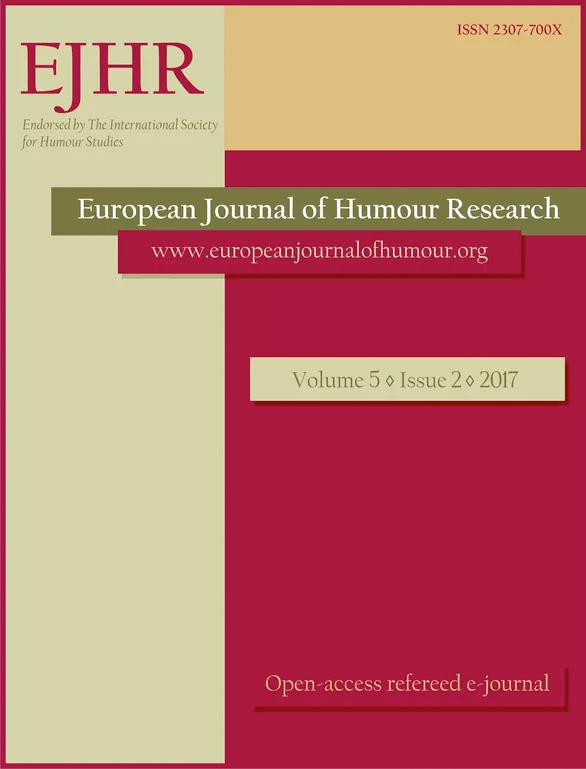#ForgiveUsForWeHaveSinned:
#ForgiveUsForWeHaveSinned:
Conceptual integration theory and political Internet humour
Author(s): Nihada Delibegović Džanić, Sanja BerberovićSubject(s): Politics / Political Sciences, Social Sciences, Language and Literature Studies, Theoretical Linguistics, Applied Linguistics, Communication studies, Pragmatics, Sociolinguistics, Cognitive linguistics, Politics and communication, Politics and society
Published by: Krakowskie Towarzystwo Popularyzowania Wiedzy o Komunikacji Językowej Tertium
Keywords: conceptual integration theory; political Internet humour; political discourse; public discourse; rhetorical goals;
Summary/Abstract: The aim of the paper is to uncover the extent to which different forms of political Internet humour can criticise current political affairs in a developing democracy such as Bosnia and Herzegovina. Specifically, applying a cognitive linguistic theory of meaning construction, namely conceptual integration theory, the paper analyses the construction of meaning of humorous Internet forms, such as memes, demotivational posters, hashtag posts, and memetic photographs, representing innovative ways of providing political commentaries on current political affairs. The meaning of political humour is constructed in conceptual blending as a basic cognitive mechanism. As it is claimed (Coulson & Pascual 2006, Coulson & Oakley 2006, Coulson 2006, Oakley & Coulson 2008) that blending can be used as a rhetorical tool influencing the audience to change the reality and even act upon it, the analysis of the construction of meaning of political humour as products of conceptual integration can reveal hidden ideologies in political discourse.
Journal: The European Journal of Humour Research
- Issue Year: 5/2017
- Issue No: 2
- Page Range: 4-22
- Page Count: 19
- Language: English

